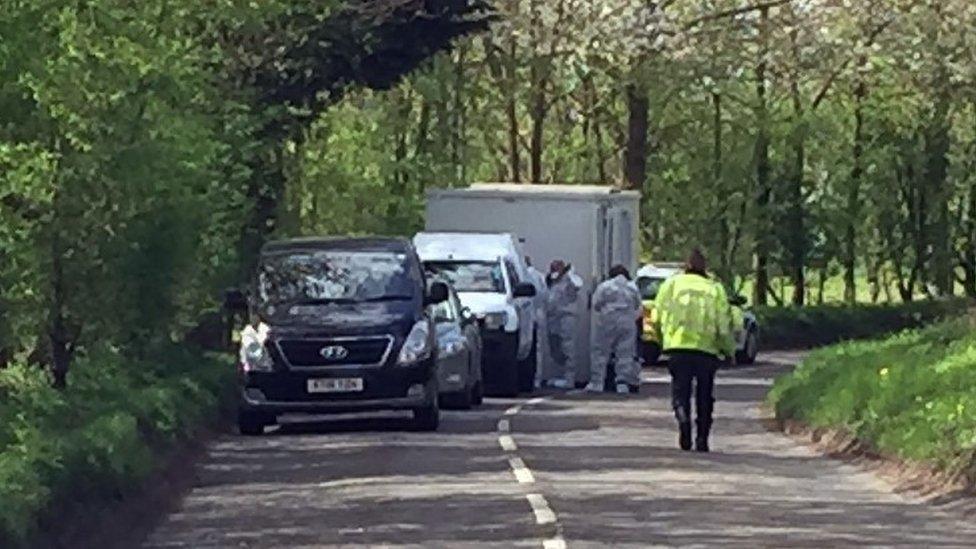Night driving ban criticised by crash death boy's mum
- Published
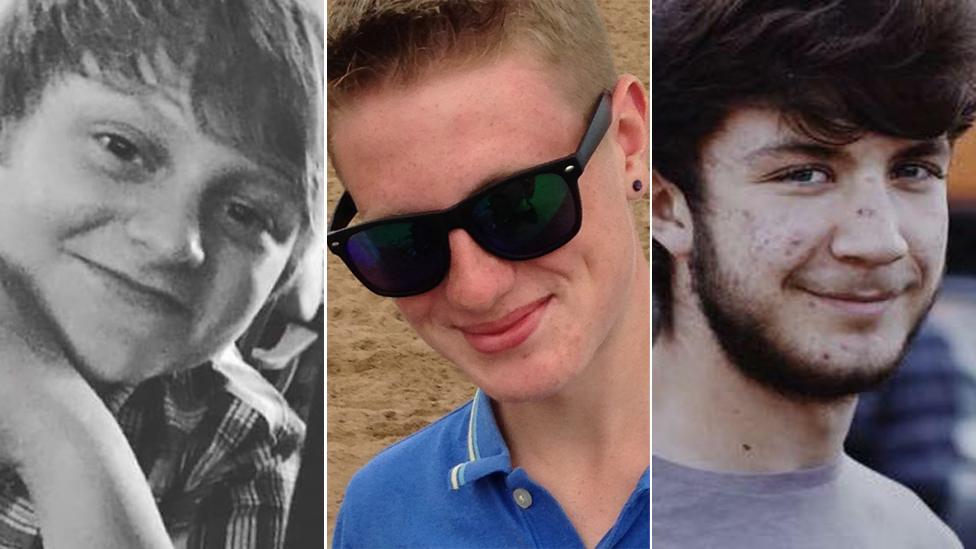
Billy Hines (left), Kyle Warren (middle) and Dominic O'Neill (right) were killed after their car crashed into trees
A mother whose teenage son died in a car crash has criticised proposals to ban young drivers from roads at night.
Dominic O'Neill, 18, was killed alongside friends Kyle Warren and Billy Hines in April 2017.
His mother Davina said a curfew was "ridiculous" and "will not work", calling instead for tougher driving tests or restrictions on engine power.
The Department for Transport (DfT) said its plans would help young drivers to stay safe.
The three friends were killed when the car Kyle, 17, was driving crashed into trees in Pulham Market, Norfolk.
'Wake-up call'
An inquest heard he had been speeding at the time.
Cocaine and ecstasy were found in his system, though there was no evidence the drugs contributed to the crash.
Ms O'Neill said the trio's death had served as "a wake-up call" to their friends, who will mark what would have been Dominic's 21st birthday on Friday.
"They changed from young kids to adults overnight," she said.
"It was as if they all changed their driving habits. They all realised that life could end tomorrow."
The DfT has announced plans for a graduated licence system to restrict novice drivers in England, Scotland and Wales.
As well as not driving at night, it said the system could also feature a minimum learning period and a ban on driving with passengers under a certain age.
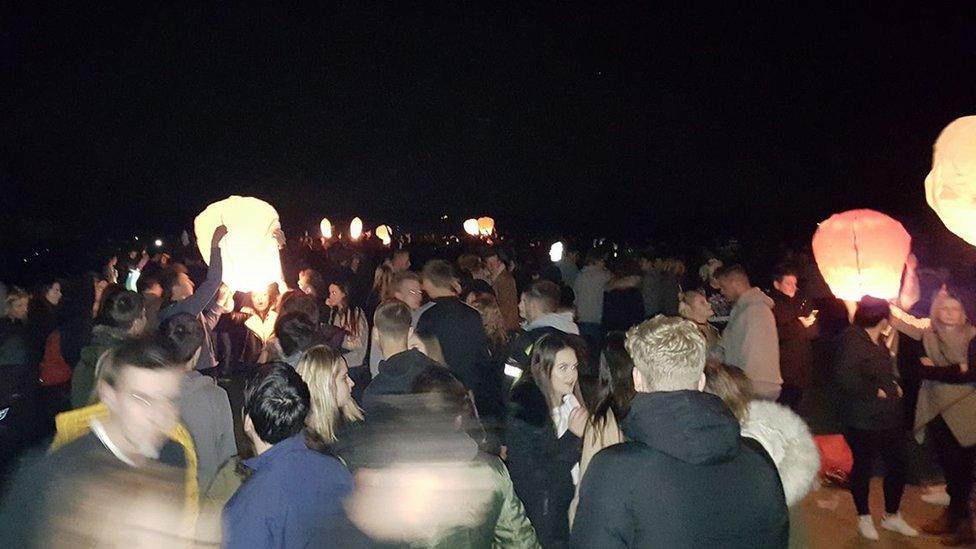
Hundreds of people gathered to release lanterns in memory of Dominic O'Neill, Kyle Warren and Billy Hines days after they died
Ms O'Neill, 57, said measures to improve safety should focus on making young drivers ready for all conditions.
"If you are going to drive erratically, you'll do it day or night," she said.
"They are young people, and putting them under curfew will not work.
"They can legally marry, they can buy a house, they can have children - and you are going to tell them that they can't go out after dark? It's ridiculous."
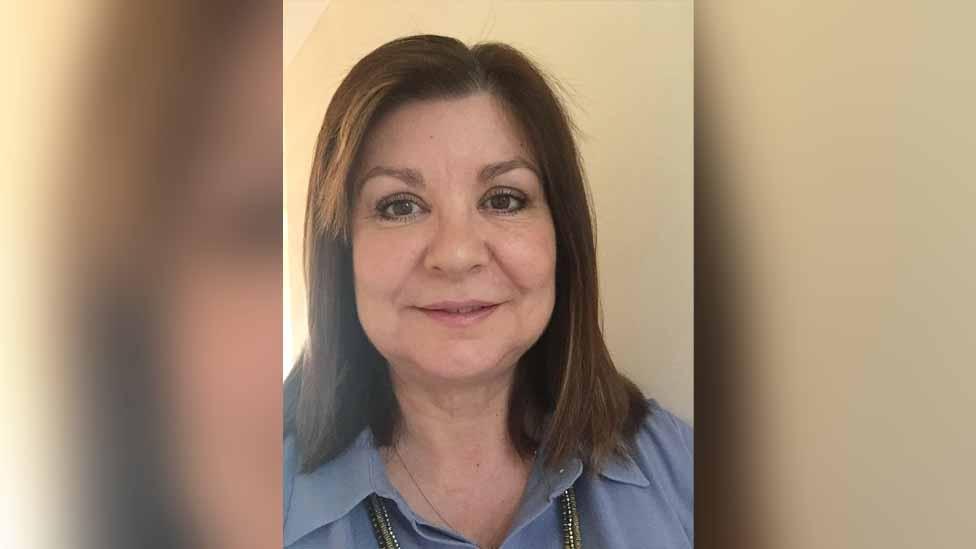
Davina O'Neill believes the new proposals will not make young drivers safer
Ensuring lessons focused specifically on driving in the dark, on motorways and difficult weather conditions would be more effective measures, she said.
She also criticised short intensive driving courses, which she said could result in young drivers "getting in a car for the first time on Monday, and being on the motorway on Saturday".
"A harder driving test would be beneficial to them, and I think it would put parents' minds at rest.
"I think that would save a lot more lives than banning night driving."
You may also be interested in:
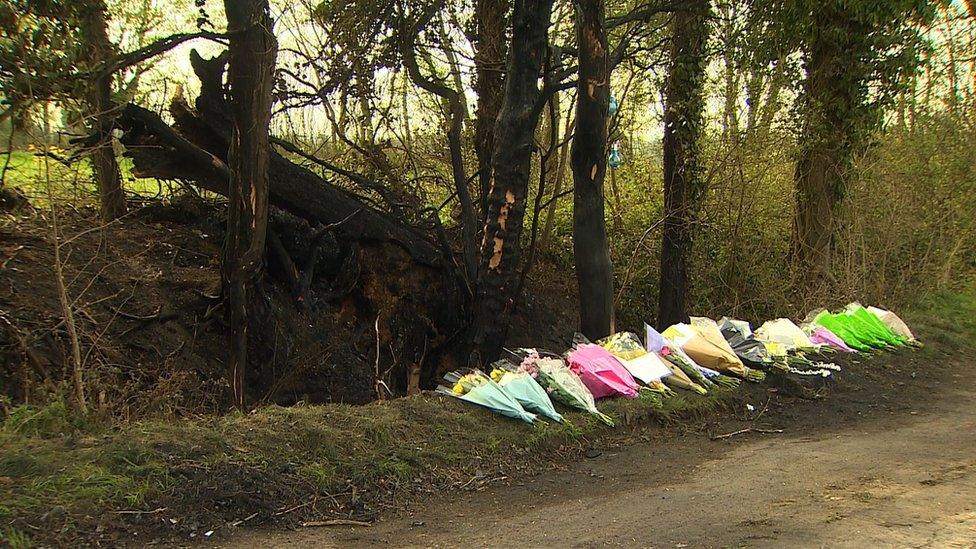
Flowers and cards were left at the scene of the crash in Tivetshall Road, near Pulham Market
The DfT, which releases its Road Safety Action Plan on Friday, said it would research the implementation of the scheme before publishing further details next year.
Road safety charity Brake and the Royal Society for the Prevention of Accidents (RoSPA), welcomed the announcement.
But the AA warned any such scheme should be "properly researched and piloted" to avoid creating an "unnecessary burden".
- Published18 July 2019
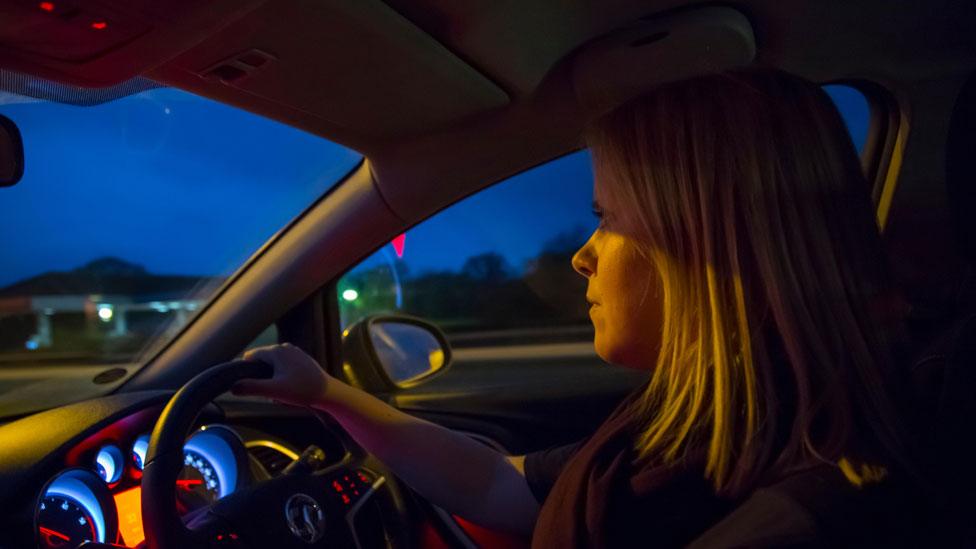
- Published9 January 2018
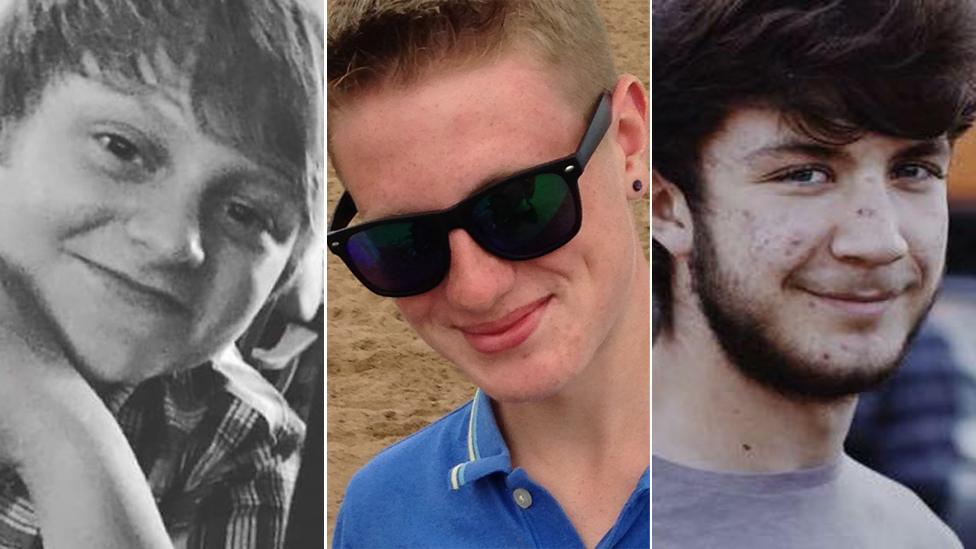
- Published13 April 2017

- Published7 April 2017

- Published6 April 2017
